It is a different time and I wonder what a Britisher from back then would think about the empire today and the problems that the British are having from the E.U and the invasions of the "Kiffirs" from the subcontinents.
Maintaining your status as a global power is no easy thing. The British Victorian Army was one of the best equipped and most experienced in the world, its forces active from North Africa to the South Pacific. But while this gave many British soldiers useful experience, it also created unique challenges for them, their commanders and the politicians putting them into the field.
The British army was the same wherever they went, but their opponents were wildly different, each one presenting a new combination of skills, tactics, and weaponry for the British to overcome.
1. Egyptian Nationalists
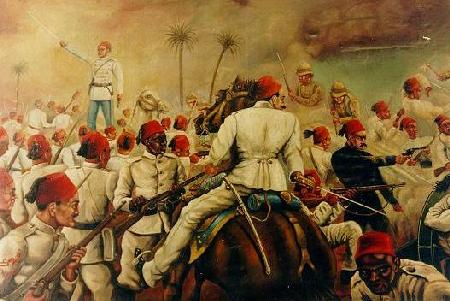
By 1879, the Egyptian government was massively corrupt, inefficient, and favorable to Europeans over locals. Even the law gave better protection to wealthy Europeans in the country than its native inhabitants. France and Britain in particular held huge sway.
Egyptian nationalists led by Colonel Ahmed ‘Urabi seized control of the country, seeking to bring about democratic reforms that would take power away from the elite and reduce foreign influence. France refused to intervene. Britain, on the other hand, used the death of 50 Europeans in riots to justify an invasion in 1882, whose real purpose was the defense of economic interests.
The forces they faced were trained and equipped by Europeans and fought like a regular army. But the British proved superior, defeating ‘Urabi at the Battle of Tel-el-Kebir and taking control of Egypt.
2. Ashanti
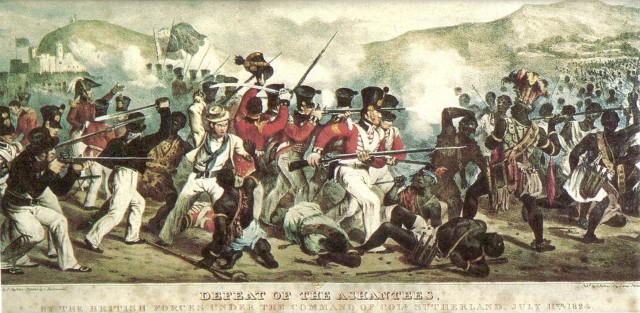
The Ashanti were primitively armed but experienced and smart at fighting in local terrain. Launching ambushes out of the hills and jungle, they gained the element of surprise and often outflanked their opponents.
The downside of Ashanti tactics was a lack of cohesion and close order discipline. In the face of increasingly accurate rifles, dispersed troops were more vulnerable than they had been a century before. Unable to break British formations, they were repeatedly defeated.
3. Zulus
Perhaps the most famous of Britain’s colonial opponents, the Zulu Empire was defended by warriors called impis. Tough and aggressive, they could run for miles before charging into battle and overwhelming their opponents with short stabbing spears. They were also highly disciplined, able to maneuver swiftly and coherently on command and willing to throw themselves in waves against the enemy.To gather together various territories in southern Africa, the British needed to conquer the Zulus. They sent an ultimatum that triggered the war and then invaded Zulu lands.
The Zulus achieved an early victory at Isandlwana, where appalling leadership crippled the British forces. The famous defense of Rorke’s Drift followed, in which 150 British and colonial troops fought off 3-4,000 Zulus in a desperate engagement.
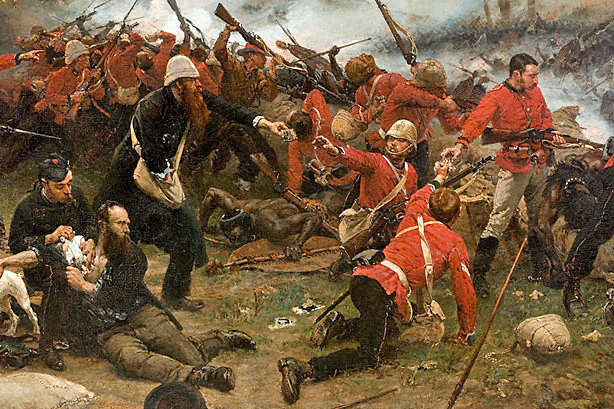
4. Maoris
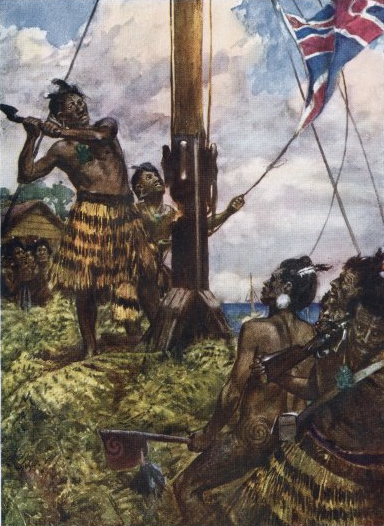
The Maori way of warfare was the polar opposite of that used by the Zulus. Impi tactics were flowing and aggressive, adapted to fight other African tribes. Those of the Maoris were stationary and defensive, adapted to counter European guns. Creating fortified earthen strongholds called pā, the Maoris held off British and then colonial militia troops, firing from well-prepared defensive positions, forcing the attackers into costly advances. Though the result was once again domination by white colonials, fighting was nowhere near as decisive as in the Zulu Empire.
5. Xhosa
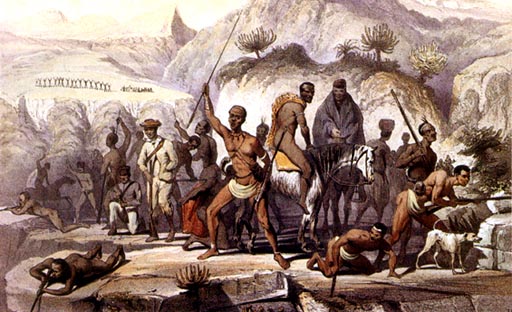
Unable to beat the well-equipped British in open battle, the Xhosa retreated to the Amatola Mountains. Here they fought a guerrilla war, making use of the terrain to launch a string of ambushes. By never presenting the British with a target and always withdrawing when put under pressure, they prevented the invaders from gaining an advantage. It was only by building a string of fortifications and creating an elaborate system of mounted pursuit that the British beat them.
6. Mahdists
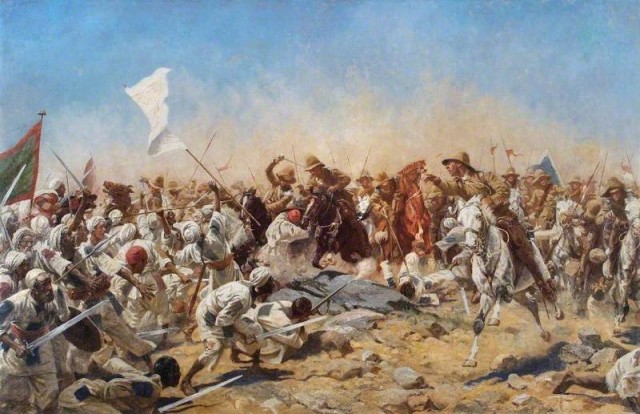
This religious fervor led to frontal assaults even more determined than those of the Zulus. Though these served the Mahdists well early on, they were no match for well-prepared troops equipped with the latest guns. It was such a force that broke them finally broke them at Omdurman in 1898.
7. Boers
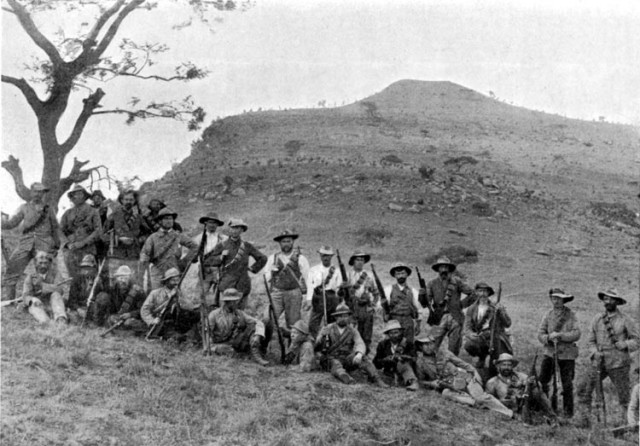
Smart, accurate marksmen with talented leaders who understood European warfare, they were foes unlike any others the British had faced. They were able to gain large armies and adapt elements of guerrilla warfare to the battlefield, defeating the British in bloody confrontations as well as small actions.
Ultimately, the Boers were undone not by their enemies’ superior tactics or leadership. Indeed, British leadership in the war was often among the worst in history. Yet even the tenacious Boers could not defeat the superior resources of the British Empire, and sheer weight of numbers eventually wore them down
No comments:
Post a Comment
I had to change the comment format on this blog due to spammers, I will open it back up again in a bit.